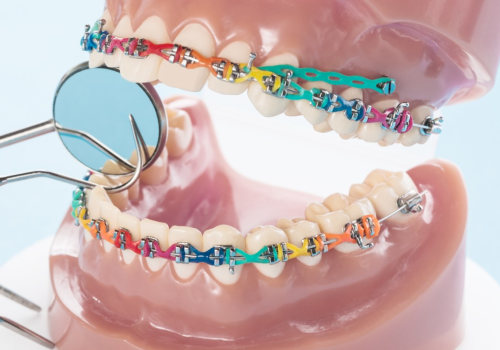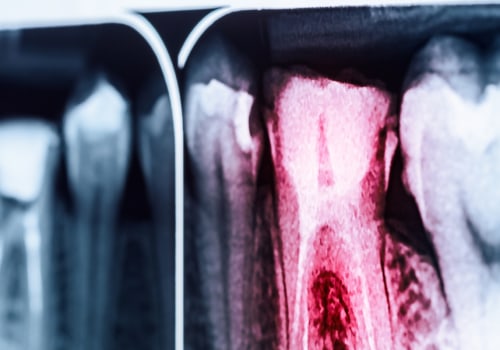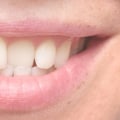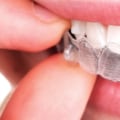If the affected tooth cannot be saved, the dentist will extract it and drain the abscess to eliminate the infection. If the infection is limited to the area of the abscess, antibiotics may not be necessary. Yes, dentists routinely remove infected teeth. It is important to visit the dentist regularly to recognize signs of infections in the early stages and to extract the tooth before significant damage has occurred.
Proper oral hygiene, avoiding substances that could damage your teeth, and having a dental checkup every six months can help reduce the risk of developing such an infection. As long as the bacteria makes its way to the nerve in the tooth, the abscess or infection will continue. This is true even if you don't have pain, swelling, or think you don't have an infection. Antibiotics cannot prevent bacteria from entering the pulp chamber and do not eliminate the infection in this case.
The only way to eliminate it is by performing a root canal or removing the tooth. If you have a root canal, the infected tissue is removed, the area cleaned, and then sealed so that no more bacteria can enter. By extracting the tooth, it is removed from the presence of oral bacteria and the immune system can then clear up any remaining infections. Emergency tooth extractions are also sometimes required for infected teeth. Infected teeth can be caused by a crack in the tooth that exposes the underlying pulp or by a cavity that destroys the outer layers of the tooth's enamel and dentin.
Most of the time, it's possible to save an infected tooth with root canal therapy. However, in severe cases, this may not be enough and the tooth may need to be removed and replaced. The level of swelling due to an infected tooth may make it difficult or even impossible for the dentist to have access or visibility they think they should have to remove it. Local anesthetics are medications that dentists use to numb teeth and oral tissues (through dental “injections”). The dentist can treat the infected tooth using treatments such as draining the pus, extracting the tooth, antibiotics, or endodontics. There are certain situations, such as excessive swelling of the face or stretching of the oral tissue, in which a dentist would advise against removing an infected tooth.
If you have signs and symptoms of a tooth infection, it's important to call your dentist as soon as possible. Remember to contact your dentist as soon as possible if you think you have a tooth infection or an abscess. And especially when it comes to an infection with swelling, it is important for your treating dentist to weigh your ability to combat and contain that process and adjust their treatment plan accordingly.






